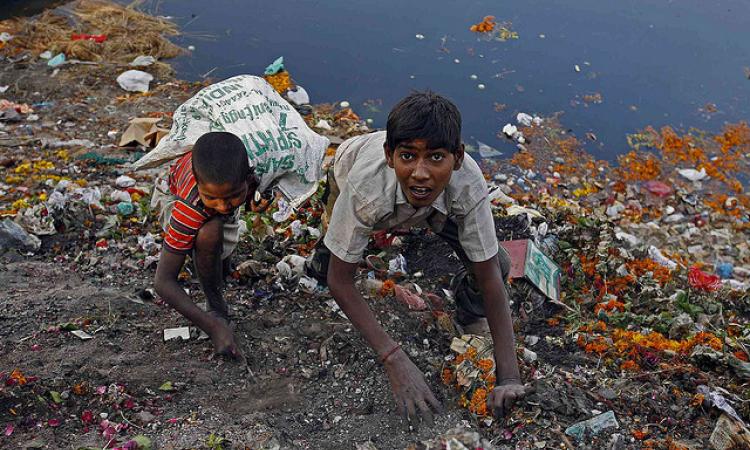
Yamuna pollution stays the same, despite a drop in sewage flow
Per the Environment Ministry’s Annual Report (2014-15), although there is a decline in the discharge of sewage water into the Yamuna in the last year, the water quality continues to deteriorate. The reason attributed behind the unchanged situation of the Yamuna is less availability of fresh water in the river, which is essential to maintain the river's self-purification capacity. Less rainfall and increased rates of water extraction are the causes for lower levels of fresh water in the river.
Death toll due to the killer heat wave crosses 2,000
The killer heat wave continues to be intense and has taken the lives of more than 2,000 people across the country. Andhra and Telangana have experienced the maximum number of deaths. 47C -- the highest temperature as of now -- has been recorded in Jharkhand. However, to tackle this heat wave, Odisha has set an example for other states by treating it as a disaster on par with a cyclone or flood. The state is making arrangements to keep both its people as well as animals hydrated.
Delhi generates 690 tonnes of plastic waste daily
According to the CPCB, Delhi generates 2,51,850 tonnes of plastic waste every year of which nearly 40% of the waste is kept lying on roads, drains, parks, green belts and the Yamuna. Despite the ban on use of plastic bags, there is hardly any monitoring to check that it is being implemented. Plastic has even choked the rainwater pits in the capital. Recently, sewage consisting of disposable plates, bottles, snack packets, food items and some water was found in 10 rainwater harvesting reservoirs at the AIIMS flyover.
Madhya Pradesh spends Rs 2498 crore to renovate old irrigation projects
The Madhya Pradesh Government has renovated all irrigation projects constructed before 1986 by spending Rs 2,498 crore. With this, the irrigation potential of 229 projects in the basins of the Chambal, Sindh, Ken, Tons and Wainganga rivers is now fully tapped. Per Government claims, the renovation has improved rabi irrigation and the productivity of various crops like wheat, paddy, soyabean, chilli, brinjal, coriander, potato, tomato and onion.
Ganga-Bramhaputra basin has 960 cubic km of water: Study
In a first of its kind mapping study taken up by India, the UK, France and Bangladesh, it has been found that the Ganga-Bramhaputra Basin together store nearly 960 cubic km of water. The study was undertaken between 2003 - 2007 and aimed at understanding the relationship between regional climate, groundwater, surface water and rainfall by quantifying water storage at different levels and variations across the years. An annual variation of 410 cubic km for surface water while 550 cubic km for soil water has been estimated through the study.
This is a roundup of important news from May 26 to June 1, 2015. Also read last week's policy matters updates.